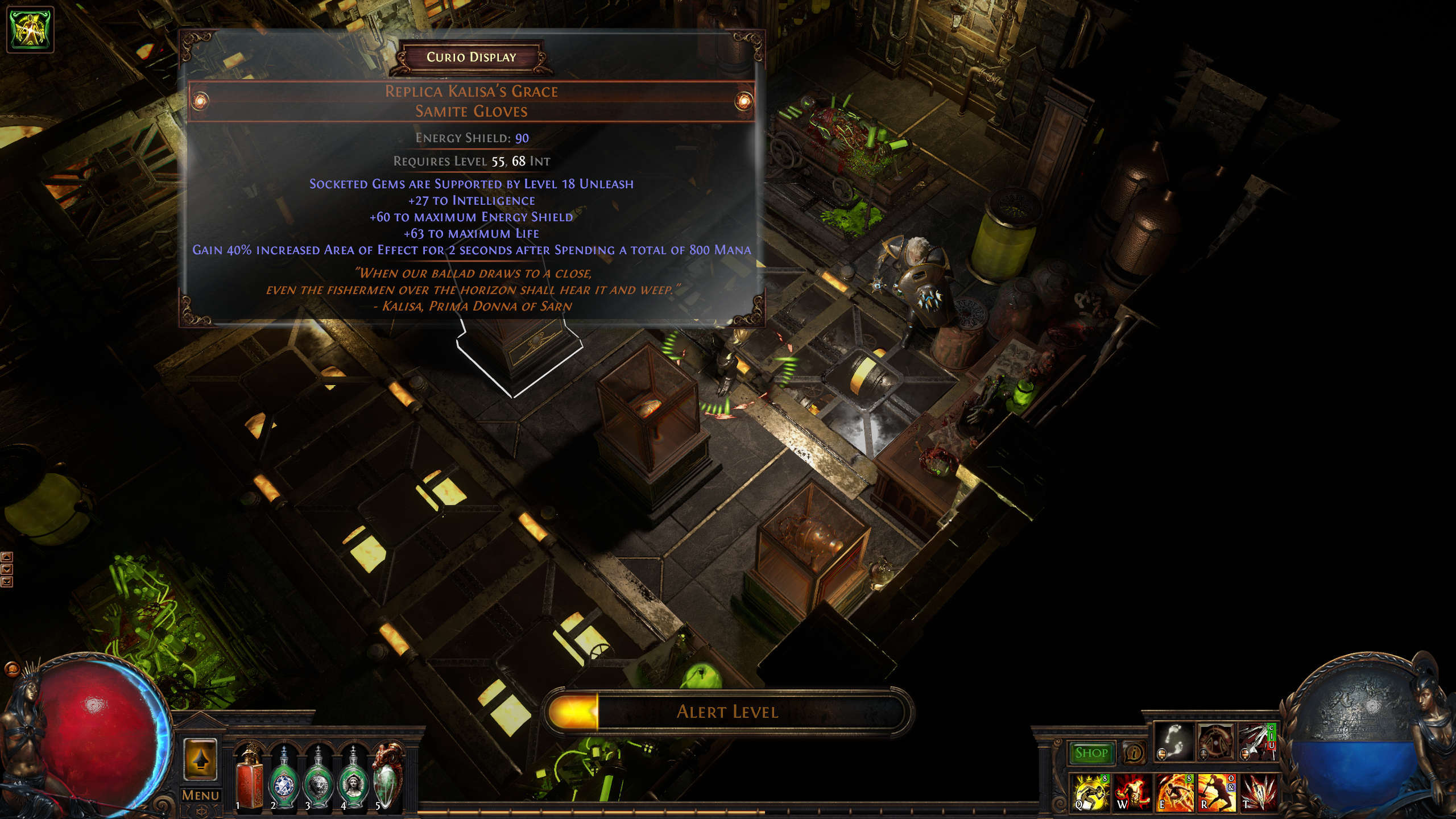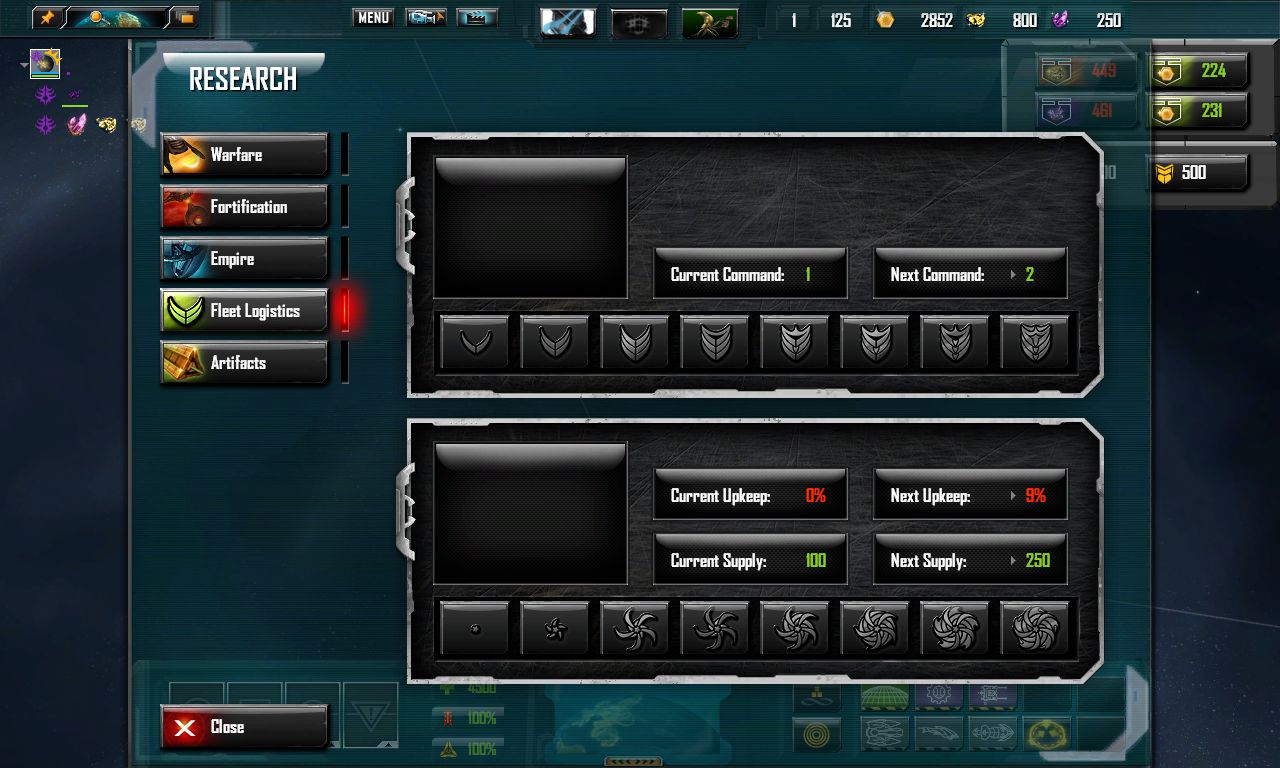

When you declare war on another boss, they immediately send their goons after your businesses, most of which will be protected exclusively by your unnamed guards. Because of all the counters and reaction shots that you can get from abilities and traits, it's possible to win a fight without taking a single action. In the late game, it's hard to lose a fight even if you're trying. The balance is just wildly off, leaving little reason to think tactically. Some abilities are so powerful that you can end a battle in one attack, and you'll quickly get unique weapons that eradicate any remaining challenge. It doesn't get much more surprising than that, and it's otherwise just an endless parade of plain bars, warehouses and depressing brothels, where you'll mostly fight faceless goons that go down in a couple of shots. They never materialise.įights can break out inside businesses or on the street, but the most interesting thing about these impromptu battle arenas is that there's cover, or that maybe a nearby cop or random thug will be drawn into the scrap. It's lightyears ahead of what you'd expect from a management game and suggests some crunchy, elaborate battles. You can create a little criminal army, bung them into squads and tailor each of them for specific situations. Everyone in the colourful rogue's gallery has a class-based skill tree, a growing list of dynamic traits and loads of slots for weapons and gear, which you can buy, loot and earn from missions. Instead of supporting each other, it instead feels like the disparate systems are fighting for attention and pushing others out of the way.Ĭombat is in a similar place.

You're pushed to play aggressively, but doing so effectively neuters the entire management layer. Constant, unrelenting expansion seems to always win the day, and once I'd locked down one neighbourhood I never had to think about cash again. You can influence the character and affluence of an area through your businesses and criminal shenanigans, for instance, but I've not found it necessary to actively try to manipulate them. You don't really need to put in much effort to fill your swimming pool with cash. If you're inclined, you'll discover a lot of depth, but it's hard work digging into it thanks to a general lack of clarity and consistency when it comes to the interface.
#Empire of sin make it count review upgrade#
Pretty quickly, they just became names in a list, which I'd occasionally click on to upgrade their security or ambience. Every now and then I found myself needing to spruce a brothel up for a celeb or sacrifice one of my properties for a bigger, riskier payout, with the game remembering that the seductive appeal of a life of crime is more complicated than watching a bank balance increase, but there was nothing making me feel invested in any individual business. The day-to-day management of even the most crooked of casinos is not, unfortunately, as exciting as you'd expect, and while there are a few different ways to ensure your businesses flourish, like matching the booze to the affluence of the area, it mostly amounts to just pouring excess cash into upgrades. The soap opera diversions are a lot more entertaining than sitting at a desk, staring at messy Art Deco menus and stark maps.

The illusion is shattered, unfortunately, when they offer completely random deals with terms that contradict each other, or when you realise that every deal is just a straightforward buff that costs you nothing. Some of the voice performances are great, others are a bit awkward, but they're always enthusiastic and, importantly, offer clues about your rival's temperament. They're hammy and immensely fun conversations, taking advantage of each gangster's personality and history to create memorable verbal sparring matches. While there's still that generic strategy game diplomacy menu that we can't seem to shake, you can also meet rival bosses to shoot the shit and make deals. Sit-downs are where Empire of Sin's criminal cast really gets to shine.


 0 kommentar(er)
0 kommentar(er)
